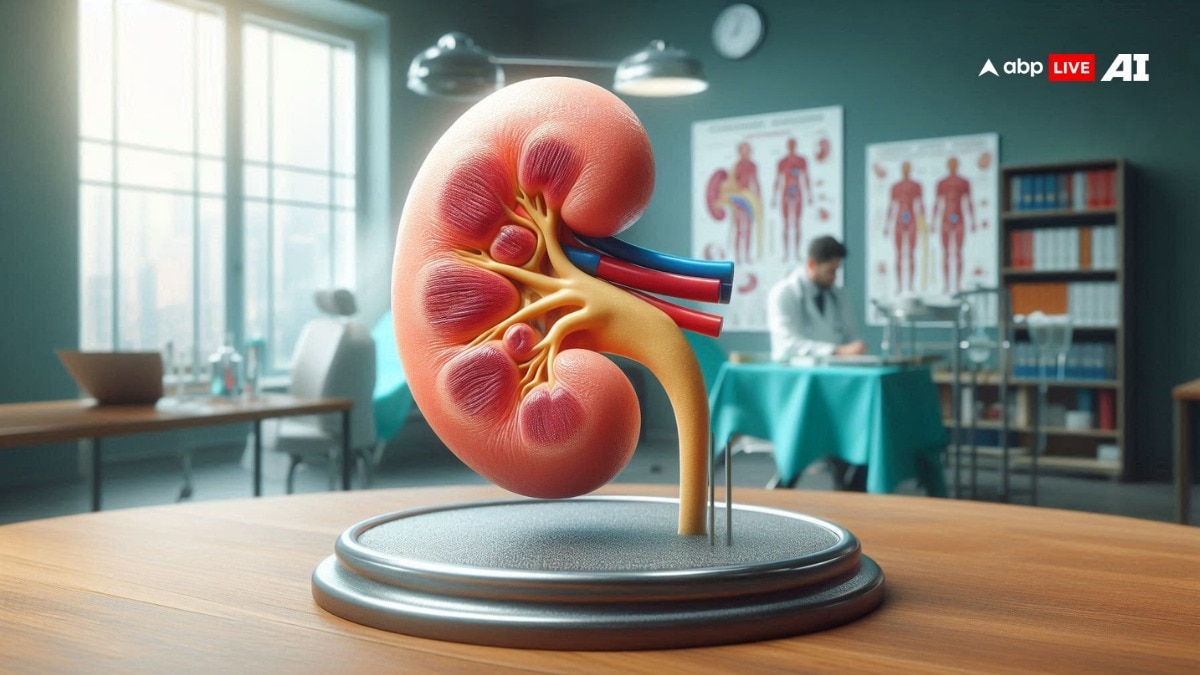(By: Dr Hemal shah, Consultant Nephrologist, Saifee Hospital, Mumbai) Sweetened beverages and carbonated drinks have a number of detrimental effects on the kidneys, particularly when taken in excess or in large quantities. Here's how: 1. Increased Risk Of Kidney Stones: Sweet drinks, especially those with high fructose content (such as soda), are most likely to be a risk factor for an increased risk of kidney stones.
High consumption of fructose will lead to an increased level of uric acid and thus result in the formation of uric acid crystals in kidneys. 2. Water Retention And Blood Pressure: Carbonated and sweet drinks are more than likely going to be accountable for high blood pressure, among the major culprits in kidney damage.

The blood vessels become hardened from the excess sugar, raising the pressure of blood and placing kidneys under more strain. 3. Dehydration: Dehydration is caused by most carbonated drinks, particularly caffeinated and sweetened drinks.
Dehydration is a great risk factor for kidney injury as the kidneys need adequate water to effectively filter out waste products in the blood. 4. Increased Risk Of Chronic Kidney Disease (CKD): Excessive consumption of sweet drinks has been linked by research to chronic kidney disease risk.
Added sugar in sweet drinks has been found to promote insulin resistance, which in the long run may result in kidney damage. 5. Diabetes And Obesity: Soft drinks lead to obesity and type 2 diabetes risk.
Diabetes and obesity are two of the major risk indicators of kidney disease. The high blood sugar level of diabetes damages the kidney's blood vessels and results in diabetic nephropathy, a kidney disease. [Disclaimer: The information provided in the article, including treatment suggestions shared by doctors, is intended for general informational purposes only.
It is not a substitute for professional medical advice, diagnosis, or treatment. Always seek the advice of your physician or other qualified healthcare provider with any questions you may have regarding a medical condition.] Check out below Health Tools- Calculate Your Body Mass Index ( BMI ) Calculate The Age Through Age Calculator.
How Does Fizzy And Sugary Drink Impact Your Kidney Health? Know Here

(By: Dr Hemal shah, Consultant Nephrologist, Saifee Hospital, Mumbai)Sweetened beverages and carbonated drinks have a number of detrimental effects on the kidneys, particularly when taken in excess or in large quantities. Here's how:1. Increased Risk Of Kidney Stones:Sweet drinks, especially those with high fructose content (such as soda), are most likely to be a risk factor for an increased risk of kidney stones. High consumption of fructose will lead to an increased level of uric acid and thus result in the formation of uric acid crystals in kidneys.2. Water Retention And Blood Pressure:Carbonated and sweet drinks are more than likely going to be accountable for high blood pressure, among the major culprits in kidney damage. The blood vessels become hardened from the excess sugar, raising the pressure of blood and placing kidneys under more strain.3. Dehydration:Dehydration is caused by most carbonated drinks, particularly caffeinated and sweetened drinks. Dehydration is a great risk factor for kidney injury as the kidneys need adequate water to effectively filter out waste products in the blood.4. Increased Risk Of Chronic Kidney Disease (CKD):Excessive consumption of sweet drinks has been linked by research to chronic kidney disease risk. Added sugar in sweet drinks has been found to promote insulin resistance, which in the long run may result in kidney damage.5. Diabetes And Obesity:Soft drinks lead to obesity and type 2 diabetes risk. Diabetes and obesity are two of the major risk indicators of kidney disease. The high blood sugar level of diabetes damages the kidney's blood vessels and results in diabetic nephropathy, a kidney disease.[Disclaimer: The information provided in the article, including treatment suggestions shared by doctors, is intended for general informational purposes only. It is not a substitute for professional medical advice, diagnosis, or treatment. Always seek the advice of your physician or other qualified healthcare provider with any questions you may have regarding a medical condition.]















